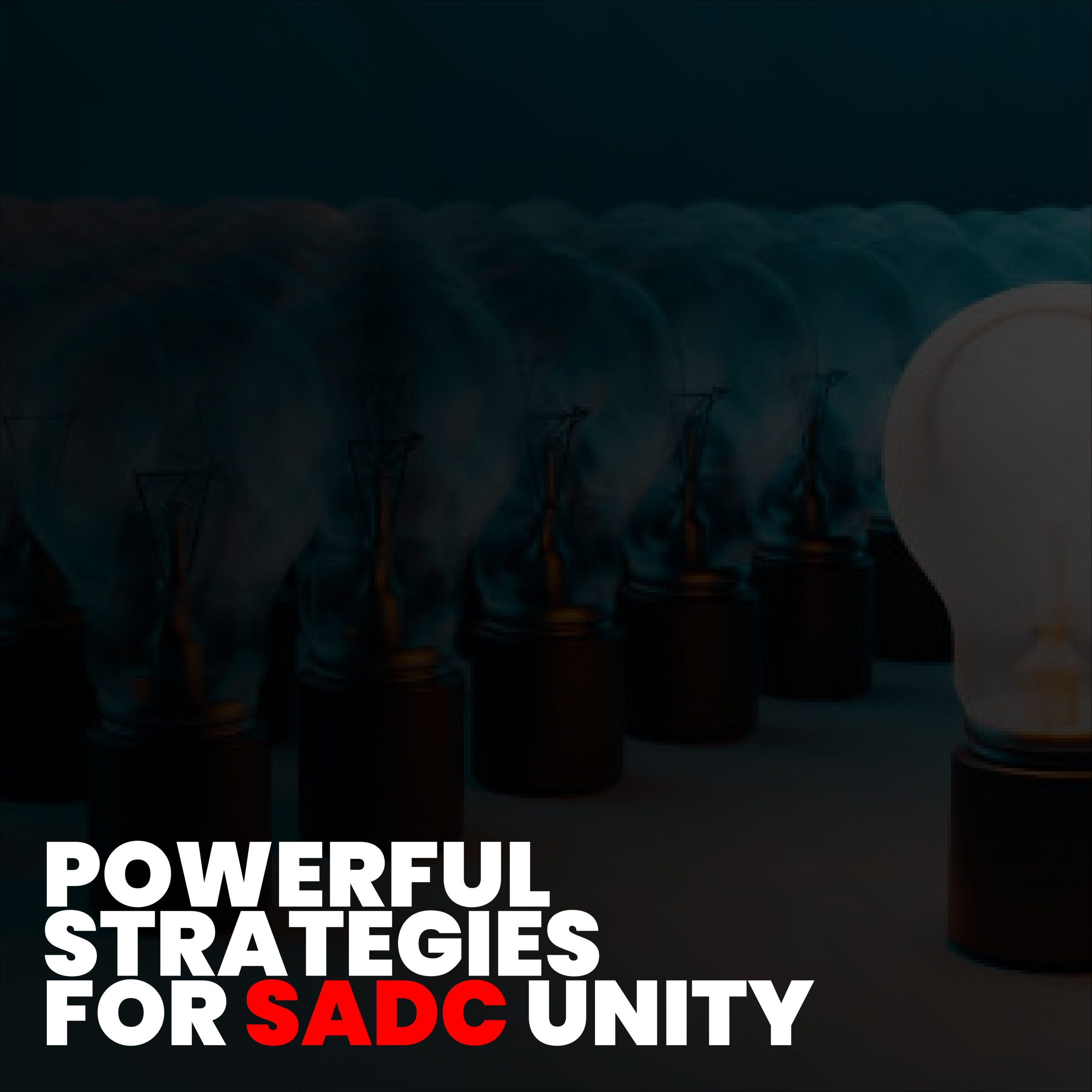Introduction
The G20 Handover in 2025 arrives during a period of global uncertainty, political tension, and shifting alliances. As South Africa concludes its presidency, the stage is set for a complex transfer of leadership to Brazil. The summit is already influenced by the United States’ decision not to attend, a symbolic move that sends ripples across diplomatic circles. At the same time, South Africa faces domestic pressure from nationwide protests calling for action against gender-based violence. These overlapping challenges make the handover more than a ceremonial transition—it becomes a reflection of the changing world order, where emerging economies push for greater influence and global leadership structures face mounting tests.
G20 Handover and the Diplomatic Shock of U.S. Absence
The G20 Handover takes on added significance due to the United States’ choice to avoid the summit entirely. As one of the world’s most influential nations, the U.S. absence sends a strong message about its shifting approach to multilateral institutions. South Africa’s decision to place an empty chair at the handover ceremony underscores the symbolic weight of this absence. It highlights disappointment but also draws global attention to the changing dynamics of leadership within the G20. With the U.S. missing, questions arise about whether the forum can achieve meaningful consensus on global challenges such as economic stability, climate change, and development funding. This absence also creates space for other nations to assume stronger roles, particularly those from the Global South who seek a more balanced global governance structure.
G20 Handover and South Africa’s Balancing of Global Expectations
The G20 Handover places South Africa at a crossroads, where it must balance domestic concerns with international expectations. As the summit host, South Africa has worked to advance issues that matter to African nations, including inclusive growth, financial reform, and sustainable development. However, the U.S. absence creates diplomatic pressure, challenging South Africa’s ability to maintain neutral relationships with competing global powers. President Cyril Ramaphosa has repeatedly emphasized the importance of maintaining long-term cooperation with the United States while also strengthening ties with other influential partners. This dual approach reflects the country’s broader foreign policy goals. How South Africa manages the final days of its presidency will shape its reputation as a reliable participant in global affairs and determine how effectively it can influence future policy discussions.
G20 Handover and China’s Heightened Engagement with Africa
The G20 Handover highlights China’s strategic engagement with South Africa and the broader African continent. With the United States stepping back from the summit, China’s support becomes especially visible. Beijing has consistently framed itself as a partner to developing nations, emphasizing shared economic interests and long-term cooperation through its Global South initiatives. China’s endorsement of South Africa’s leadership reflects its desire to expand its diplomatic reach while reinforcing partnerships across Africa. This engagement becomes more notable as the handover transitions to Brazil, another nation with deep ties to China. For many analysts, the moment represents a quiet acceleration of China’s influence within global governance structures. As traditional powers reduce their presence, China’s steady involvement creates new opportunities to shape discussions on development funding, technology, infrastructure, and international trade systems.
G20 Handover and Social Uprising Against Gender-Based Violence
The G20 Handover coincides with a powerful national movement in South Africa. Women for Change, a prominent activist group, has organized a nationwide shutdown demanding urgent action against gender-based violence. The protest, supported by over 850,000 signatures, urges women and LGBTQ+ communities to withdraw their labor, restrict spending, and engage in symbolic acts of resistance. The timing of the shutdown—just one day before global leaders meet—adds pressure on the government to address long-standing social problems. This national unrest reflects deeper frustrations with systemic violence and slow political responses. While the world focuses on international diplomacy, the protest brings attention back to human rights issues within the host nation. The overlap of global and local advocacy reinforces a message: true leadership requires confronting internal challenges with the same commitment shown in international spaces.
G20 Handover and Brazil’s Priorities for the Next Summit Cycle
The G20 Handover to Brazil signals a broad shift in priorities for the summit’s next cycle. President Lula da Silva is expected to emphasize social inclusion, sustainable development, and deeper representation for the Global South. Brazil, a nation with a strong history of advocating for equity and environmental protection, plans to build on South Africa’s work by focusing on climate resilience, poverty reduction, and fairer economic systems. With geopolitical tensions rising worldwide, Brazil faces the challenge of uniting member nations around shared goals while navigating conflicting interests between emerging economies and traditional powers. The nation’s leadership will help determine whether the G20 can steer global discussions toward practical solutions or whether divisions will continue to weaken the group’s influence. Brazil’s presidency will be pivotal in setting the tone for global cooperation in the year ahead.
G20 Handover and Strengthening of Global South Alliances
The G20 Handover highlights the increasing visibility of Global South nations as they push for deeper representation in world decision-making. South Africa, like many emerging economies, has used its presidency to champion issues such as debt reform, energy transition, and inclusive digital growth. As leadership moves to Brazil, these priorities will likely remain central. The growing unity among developing nations marks a significant shift in global politics, where smaller and mid-sized economies collaborate more actively to balance the influence of wealthier countries. This alignment signals an evolving global governance structure in which the Global South plays a defining role in shaping financial rules, trade partnerships, and development policies. The handover reinforces the message that emerging nations are no longer observers—they are becoming architects of global policy.
G20 Handover and Global Economic Turbulence
The G20 Handover occurs amid heightened global economic turbulence, marked by inflation, supply chain disruptions, and uneven post-pandemic recovery. Governments are struggling with rising borrowing costs and increasing debt burdens, especially in developing regions. The absence of the United States adds uncertainty to discussions on economic cooperation and long-term financial stability. Leaders from emerging economies argue that the international financial system needs urgent reform to support countries facing severe budget constraints. As Brazil takes over, the discussions will likely focus on more inclusive lending frameworks, fairer access to global markets, and sustainable development financing. The handover serves as a reminder that without coordinated economic strategies, global recovery efforts risk becoming fragmented, deepening global inequalities. The effectiveness of the summit will be measured by its ability to address these economic strains.
G20 Handover and the Future of Multilateral Governance
The G20 Handover presents an important moment to evaluate the future of multilateral governance. Historically, the G20 has acted as a platform where developed and emerging economies collaborate on global economic issues. However, the rise of geopolitical conflict, nationalistic policies, and differing economic priorities has weakened multilateral unity. The absence of the United States highlights these fractures and raises questions about the forum’s long-term cohesion. For the G20 to remain relevant, it must find ways to incorporate the voices of underrepresented regions, strengthen trust among members, and deliver concrete outcomes rather than symbolic statements. Brazil’s upcoming leadership will play a key role in rebuilding confidence. The handover symbolizes a turning point: will the G20 adapt to current realities or struggle to maintain influence in a more fragmented world?
G20 Handover and South Africa’s International Reputation
The G20 Handover offers South Africa a chance to shape global perceptions of its leadership. Hosting a major summit brings visibility but also scrutiny, particularly regarding the country’s internal issues. The national shutdown against gender-based violence highlights persistent social challenges that cannot be ignored. Additionally, the symbolic empty chair for the United States has already become a global talking point. For South Africa, the way it manages these pressures—while maintaining diplomatic decorum and promoting development-focused priorities—will influence its global standing. The handover serves as a moment to demonstrate resilience, strategic leadership, and commitment to both international cooperation and domestic progress. South Africa’s handling of the summit will remain a reference point for how emerging nations navigate complex global and local dynamics.
FAQs
Q1: Why is the G20 Handover considered crucial in 2025?
The G20 Handover is crucial because it occurs amid U.S. absence and heightened geopolitical tensions.
Q2: How does activism impact the G20 Handover in South Africa?
Activism influences the G20 Handover by spotlighting internal issues like gender-based violence as global attention rises.
Q3: What changes are expected after the G20 Handover to Brazil?
After the G20 Handover, Brazil is expected to promote equity, climate action, and stronger Global South cooperation.
Conclusion (80–90 words)
The G20 Handover in 2025 marks a defining shift in global leadership. As South Africa transfers the presidency to Brazil, the summit becomes a powerful reflection of diplomatic realignments, rising activism, and expanding Global South influence. Despite the U.S. absence, the handover creates opportunities for new alliances and broader representation within the G20. How leaders respond to economic pressures, social challenges, and geopolitical tensions will determine the future of international cooperation and the role the G20 plays in shaping global direction.




